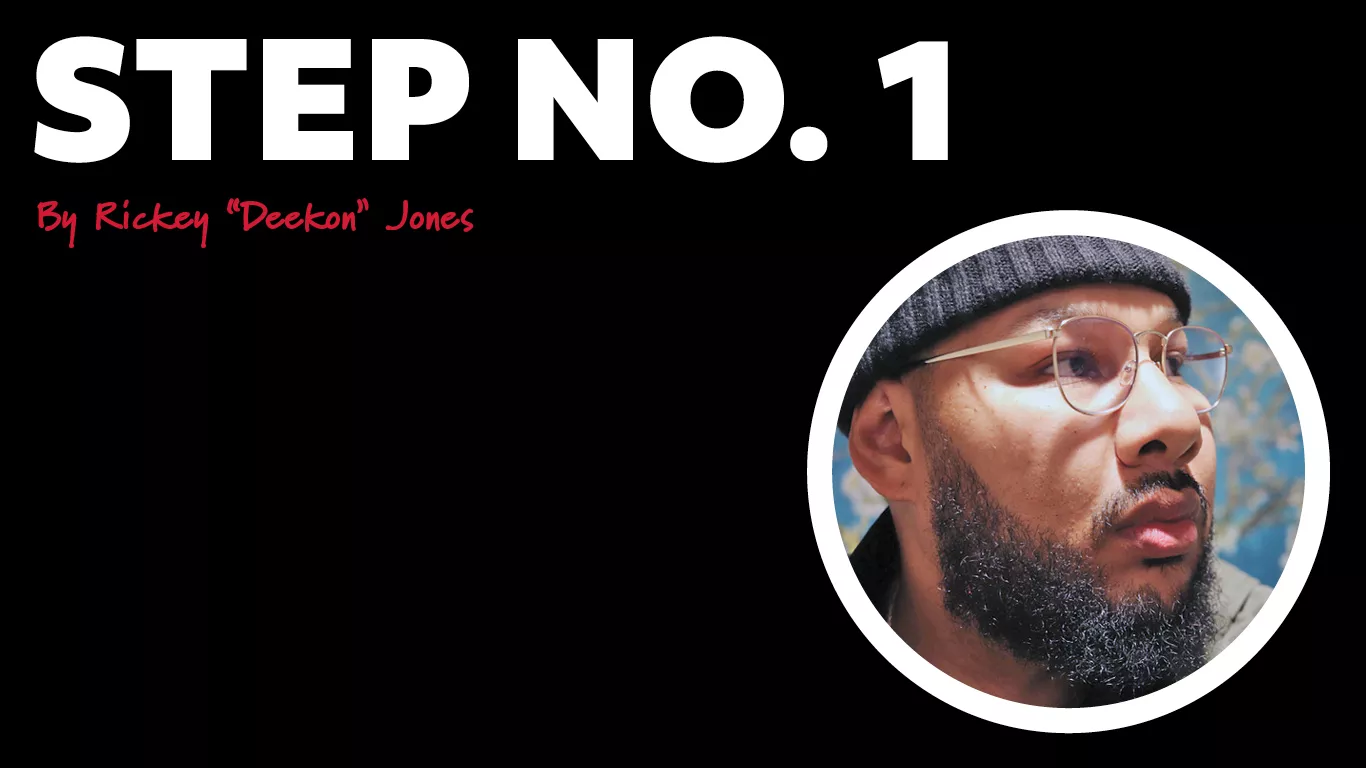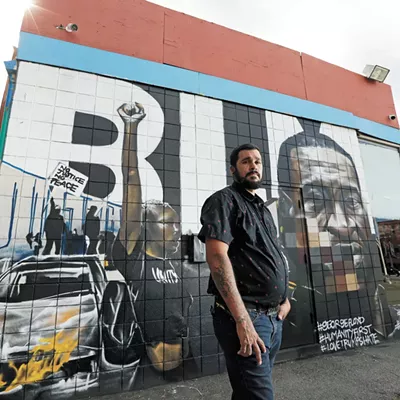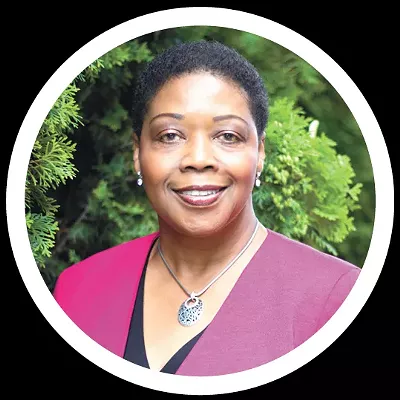2020 has been a year of intensity and education. While there are many topics that I wish could be better understood, our desire for equity is of utmost importance and may be the foundation for building community in our cities.
I've learned that fighting with individuals who do not believe themselves to be racist is not the leap forward we need. Fighting racist systems is where the power lies. The word "racist" triggers people and, honestly, sometimes even pushes people to side with a group they would typically avoid.
In seeking equity, my goal is to gain understanding by providing context. Our U.S. history is steeped in racism, and those of us who have been here for many generations don't even recognize our daily actions that perpetuate the historical behavior. That is not a condemnation; it's a fact. For example, look to the very touchy clash of "All lives matter." Let's put to rest this misnomer that Black people think their lives matter more than White lives or any other race. We all agree that American chattel slavery happened. Most agree that freeing slaves was a good thing. Some agree that even after the Emancipation Proclamation, Black people were still treated as second-class citizens.
Current events such as the murders of George Floyd and Breonna Taylor are a cry to be treated as human beings finally. Black lives have not mattered throughout American history. Black lives should matter more than they have historically. We call for Black lives to only carry the same weight of accountability when ending in murder and mistreatment as others currently receive. Not more than White lives or other people of colors' lives and experiences.
We welcome all to the table to sort these details out and push for a community to unite against the same systems that have perpetuated violence toward BIPOC, LGBTQ+ and White people who haven't had the benefit of wealth and influence. The power has always been with the people, but we have been at a standstill due to a divide.
Here are some systemic racism issues in our city that are rooted in data.
- The Black community represents 2 percent of Spokane, and 14 percent of police use-of-force incidents are against Black people.
- That same 2 percent makes up 12 percent of the county jail population.
- On average, Black inmates are locked up for 27 days, While white inmates are incarcerated for an average of 15 days.
- The Washington State Supreme Court issued a letter recognizing the devaluing of Black lives in the legal community.
We haven't even delved into loan rates, business opportunities, housing or medical disparities. These are some of the undeniable issues. These statistics have nothing to do with asking someone if they are racist nor calling people racist. This plea is to tackle the data. This information is how we fight systemic racism.
With this data in hand, now we ask the mayor of Spokane, the City Council, the county commissioners, the chief of police and the sheriff if they want to correct this factual and concrete problem. This conversation is what has been missing from the docket over the centuries. If the answer is that these systems see no problem, we have to hear that from these leaders as well. No more sitting back and insinuating that there is a problem, but "This can't be solved overnight."
I'm suggesting this can be solved rather quickly. Here's my fantastic dream of building that seemingly elusive bridge to the Black community (and any community this type of data reflects):
1. Admit there is a problem. Racism in policing is supported by independent data as well as police data. Acknowledgment goes a long way.
2. Apply a course of action with the public to correct this problem. A plan is a significant vote of confidence and can also be evaluated for outcomes and effectiveness.
3. Include the population most impacted in solving the crisis. Some subgroups are impacted even more so than others, and these voices are almost unanimously overlooked.
4. If the Spokane Police Guild opposes any of the work needed to be done to correct systemic racism, the most significant show of community and an instant bridge would be to come together and stand against that structure.
Community support and trust are critical to keeping the divide between police and citizens as small as possible, and we could become a model for other cities to follow. The natural progression from "us vs. them" to the "guardian mindset" can include a whole new view of our law enforcement officers in our city.
I'm hopeful that our voices are heard, and our leaders will have a new conversation. Eliminating systemic racism in one sector lays the groundwork for it to eradicate others.
For our opposers, remember, as long as there is the freedom to brutalize one group, there will be means to brutalize all groups. Stay safe. ♦
Rickey "Deekon" Jones is a Nez Pearce Tribal Member originally from Lapwai, Idaho. As the founder of New Developed Nations, a Spokane-based addictions and co-occurring disorders nonprofit, Jones has focused his time and efforts into building resources for community improvement. Rickey also sits on the Juvenile Justice Council, Racial Equity Committee and has partnered with Harvard University's School on Addictions for further research and development. Learn more about NDN at newdevelopednations.com




















